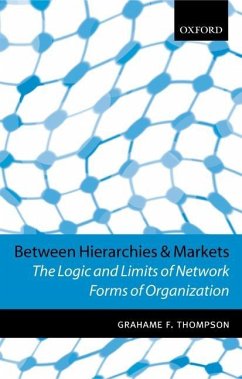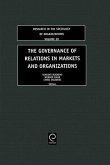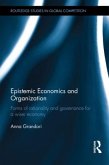This text conducts a survey into the ways in which the word "network" has been deployed in a wide range of literature. In particular, it offers a commentary on how the idea of networks has been used to illustrate contemporary forms of socio-economic organization (as with the idea of a "network society" or a "network state", for instance), broadly conceived to also include the political aspects of networks. The term "network" has become a ubiquitous metaphor to describe too many aspects of contemporary life. In doing so, Grahame Thompson argues, the term has lost much of its analytical precision and has no clear conceptual underpinnings. The problem is that something claiming to explain everything ends up by explaining very little. The book brings some intellectual clarity to the discussion of networks by asking whether it is possible to construct a clearly demarcated idea of a network as a separable form of socio-economic co-ordination and governance mechanism with its own consistent logic. In doing this, the primary contrast is with hierarchies and markets as alternative and already well understood forms of socio-economic co-ordination each with their own distinctive logic.








